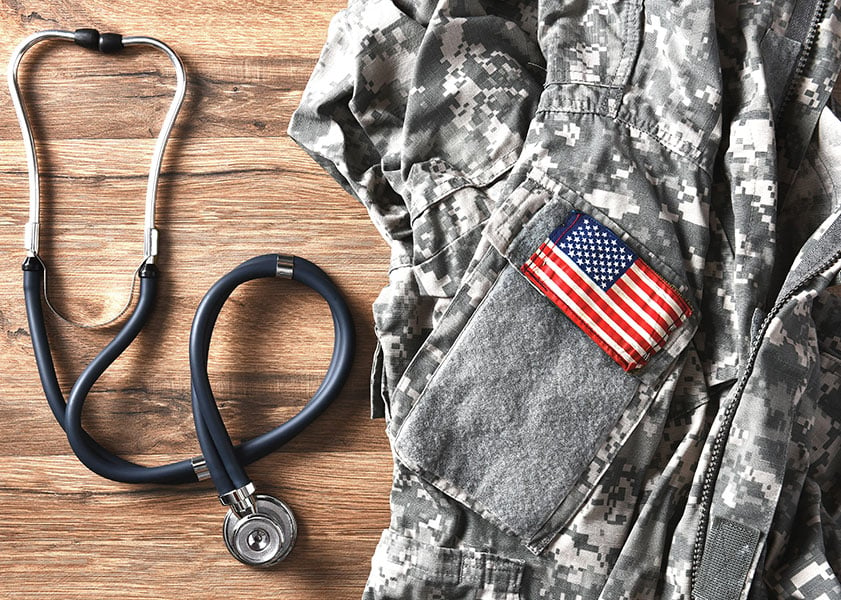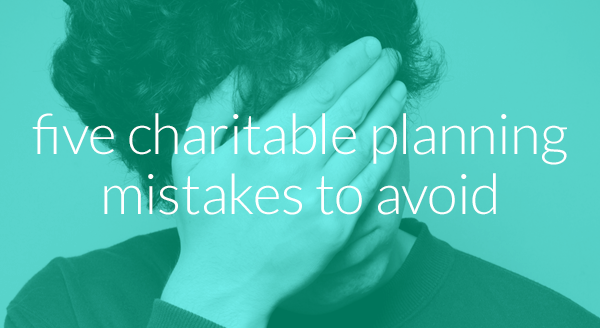
Thank you to our guest blogger Seth Kuntz for breaking down the pros and cons of private Veterans’ healthcare
There is a contentious debate among politicians, Veterans’ advocacy groups, and Veterans themselves over what changes need to be made to take better care of our Veterans’ health, and if the Veterans’ healthcare system should be privatized. Our goal is to help simplify this complex topic for you and your clients.
I always hear the term “privatization of Veterans’ healthcare,” but what does that actually mean?
Currently, Veterans may receive care at a government-run healthcare facility, either for free or a minimal cost. Veterans also have the option to receive care at a private facility through the Veterans Choice Program if long wait times are present or if the nearest VA facility is too far away. Not all Veterans are eligible for the Choice Program.
In its most basic form, privatization would mean Veterans would have the choice to receive care from any provider in the private sector with the government paying for all or most of the costs.
The Pros of Privatization:
Potential Cost Savings for Individual Visits
Unfortunately, it is still uncertain whether there would be any cost savings in the private sector; there are studies that go both ways. However, one argument that supports cost savings is that private healthcare providers are forced to compete in the market in a way that the government does not. To compete, a private organization must become as efficient as possible, and this generally means cutting unnecessary costs. Private healthcare organizations usually have lower fees when compared to the current VA costs, savings that could be passed on to taxpayers.
Shorter Wait Times
Chief among the debate over privatization of Veterans’ care is the issue of long wait times that have long plagued the VA. An Inspector General report released in 2017 that included seven VA medical centers and five healthcare centers found that 36 percent of new patients had wait times in excess of 30 days. Of these patients, the average wait time was 59 days.
A 2014 survey of private physician practices found that the average wait time to see a physician in five medical specialties was 18.5 days. This is a vast improvement compared to the VA. However, this wait time could vary based on your geographic location. For example, Boston had the longest wait times in the survey, coming in at 45.4 days on average to see a physician. Further, this survey was conducted before the Affordable Care Act’s private coverage and individual mandate could cause a massive influx of previously uninsured citizens into the market.
Availability of VA Medical Centers
Availability of VA-approved medical centers continues to be an issue for Veterans, especially those who are located in rural areas. In some cases, Veterans could be forced to drive hours to see their doctor. If Veterans’ care was privatized, this would greatly increase the number of approved doctors and hospitals that Veterans would be able to choose from.
The Cons of Privatization:
Potential Cost Increases
Just as there are arguments that support savings in cost, there are just as many arguments that support an increase in cost resulting from privatization. One report from the Congressionally-appointed Commission of Care states that the cost of moving all Veterans to private care would double current spending on Veterans’ healthcare in the short term. By 2034, these costs are projected to balloon to as high as $450 billion, compared to $100 billion if the VA continued to operate as is. Also, there has been considerable spending on infrastructure to support the VA that will no longer have a purpose if Veterans shift to private care.
Loss of Specialized Care
VA doctors are trained to cater to the unique health needs that Veterans share. In fact, this is one of the main reasons the VA was created. One-third of Veterans are diagnosed with at least one mental health disorder, and the VA excels in caring for these Veterans. The VA was rated higher than the private sector by more than 30 percent in treating mental health disorders in Veterans. VA doctors also specialize in burns, spinal trauma, and prosthetics, which are rare in civilian life. If Veterans were moved to purely private care, they would lose the benefit of seeing physicians who are experts in caring for Veterans.
Veterans’ care is just as important of an issue as it is a complicated one, and there may be no one system that works for everyone. We will continue to provide updates on this topic, but please do not hesitate to contact us if you have any questions about something you have read.
 Written by: Seth Kuntz
Written by: Seth Kuntz
Seth Kuntz is a graduate of the University of South Carolina with a degree in finance and business economics. He will be continuing his education in pursuit of a law degree at Washington and Lee University.



